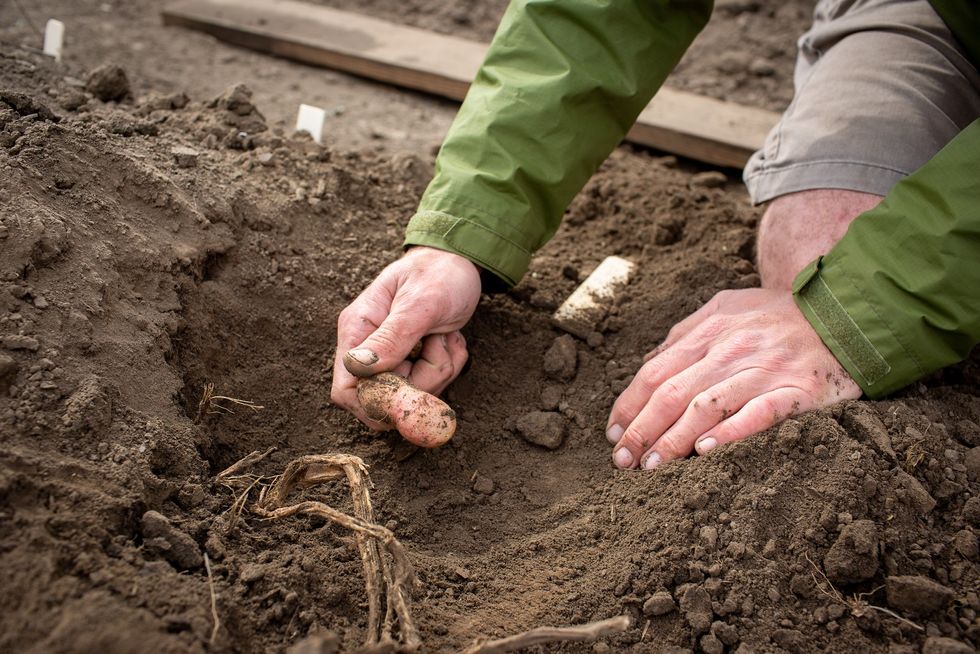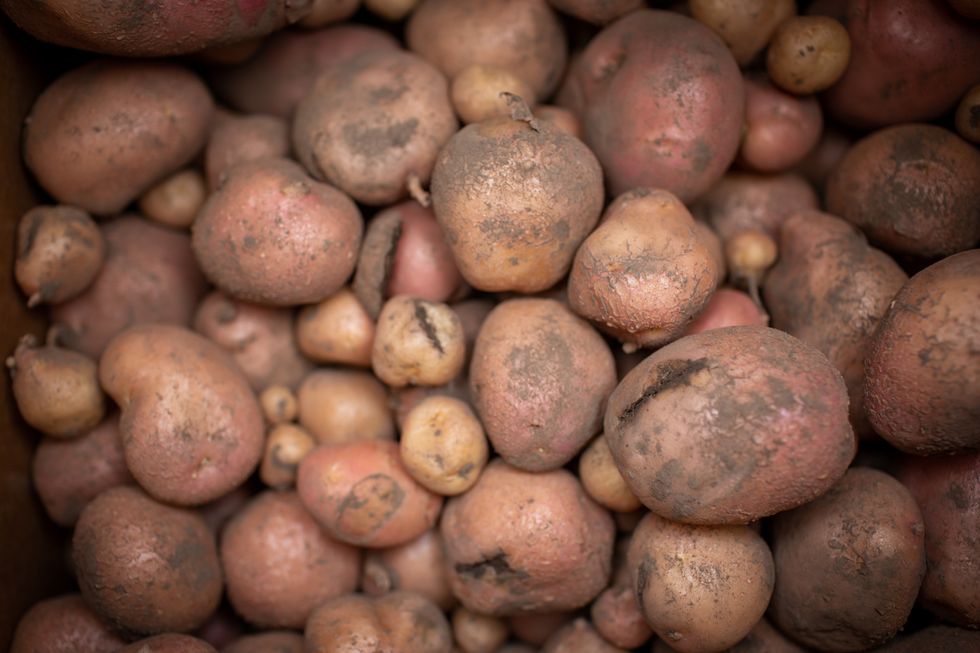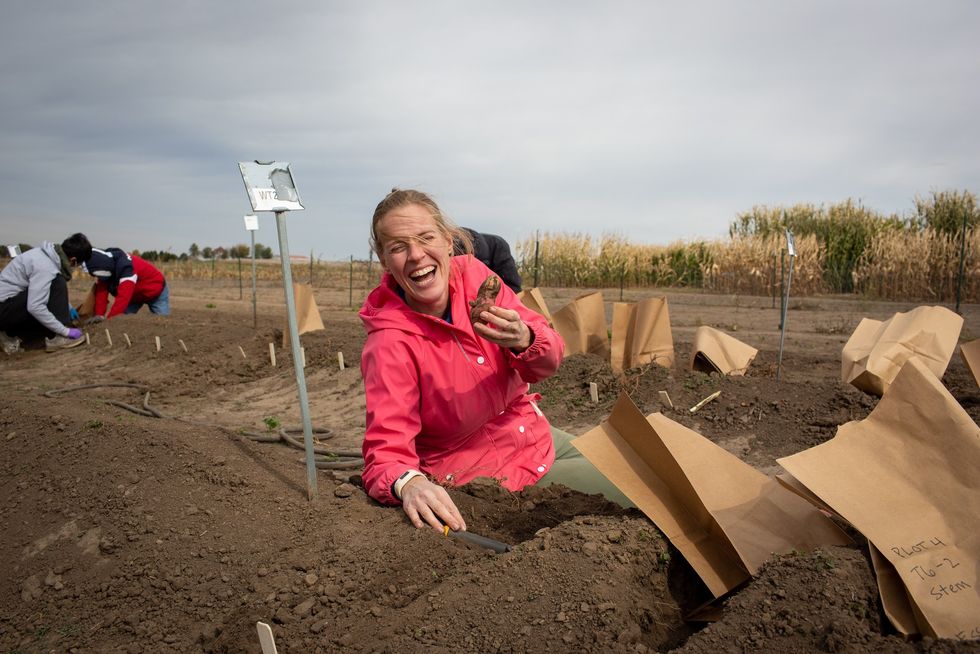Scientists have developed heat-resistant potatoes that could help secure food supplies in a warming climate, with trials showing a 30% increase in growth under heat-stress conditions.
The breakthrough, achieved by researchers from the University of Illinois and University of Essex, offers hope for protecting potato crops from intense heatwaves whilst maintaining their nutritional value.
The modified potatoes, tested in field trials in Illinois, demonstrated significant improvements in photosynthesis efficiency through genetic adaptation.
This development could prove particularly valuable for developing nations most affected by climate change.
The research team achieved this breakthrough by adding two genes to modify photorespiration, a process that affects plant growth efficiency.
The field trials were conducted at a single location in Illinois, United States, where researchers observed the enhanced growth under heat stress conditions.
 Super mutant potatoes capable of withstanding heatwaves could be key to boosting food security amid climate stressesPA
Super mutant potatoes capable of withstanding heatwaves could be key to boosting food security amid climate stressesPA
We’ve made the ultimate Christmas Bundle for the biggest GB News fans! Whether you’re treating yourself, or organising a gift for another keen GB News viewer, this bundle is packed with bestselling products and exciting new exclusives. Order today and recieve free UK shipping, with delivery before Christmas Day
Dr Katherine Meacham-Hensold led the team as part of the Realising Increased Photosynthetic Efficiency (Ripe) project at the University of Illinois.
The scientists noted that multi-location field trials would be needed to confirm their findings across different environments.
The genetic modifications left plants with more energy for greater growth, offering a promising solution for future food security.
LATEST DEVELOPMENTS:

The field trials were conducted at a single location in Illinois, United States,
PA
Dr Meacham-Hensold emphasised the urgency of developing climate-resilient crops, stating: “We need to produce crops that can withstand more frequent and intense heatwave events if we are going to meet the populations need for food in regions most at risk.”
“The 30% increase in tuber mass observed in our field trials shows the promise of improving photosynthesis to enable climate-ready crops,” she added.
Dr Amanda Cavanagh, from the University of Essex, highlighted the broader implications: “Away from our festive plates this work could have a huge impact in the developing world and help safeguard crops for the people on the frontline of climate change.”

RIPE project of postdoctoral researcher Katherine Meacham-Hensold harvesting potatoes engineered to photosynthesise more efficiently
PA
Professor Don Ort, deputy director of the Ripe project, emphasised that the genetic modifications had no negative impact on potato quality.
“Another important feature of this study was the demonstration that our genetic engineering of photosynthesis that produced these yield increases had no impact on the nutritional quality of the potato,” he said.
Professor Ort added: “Food security is not just about the amount of calories that can be produced but we must also consider the quality of the food.”